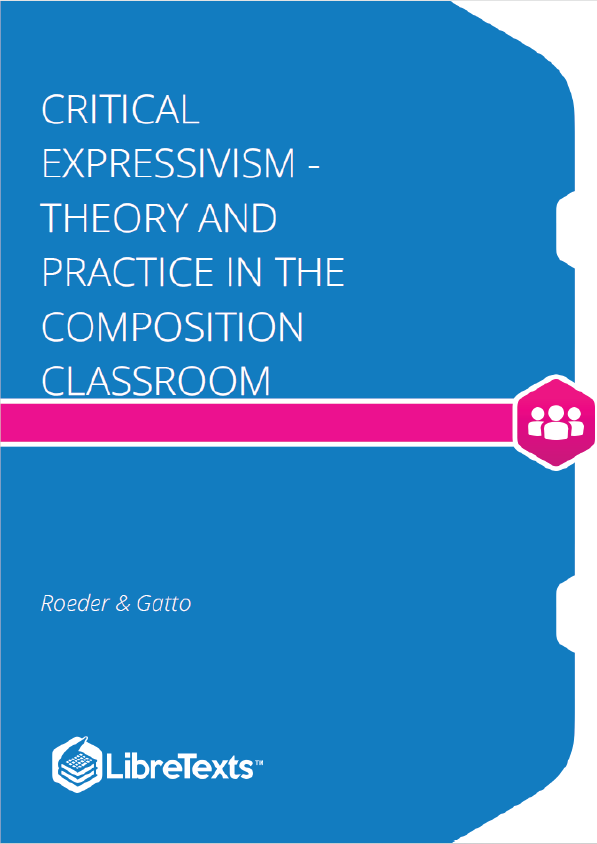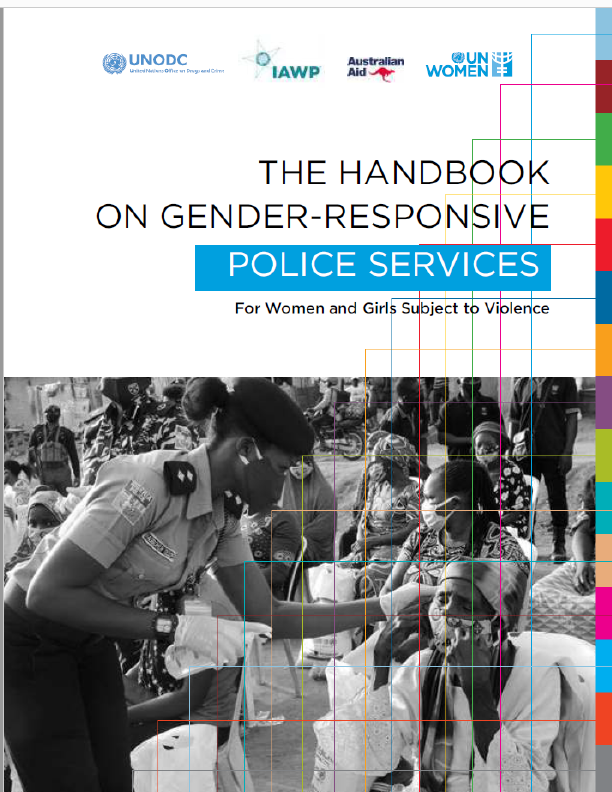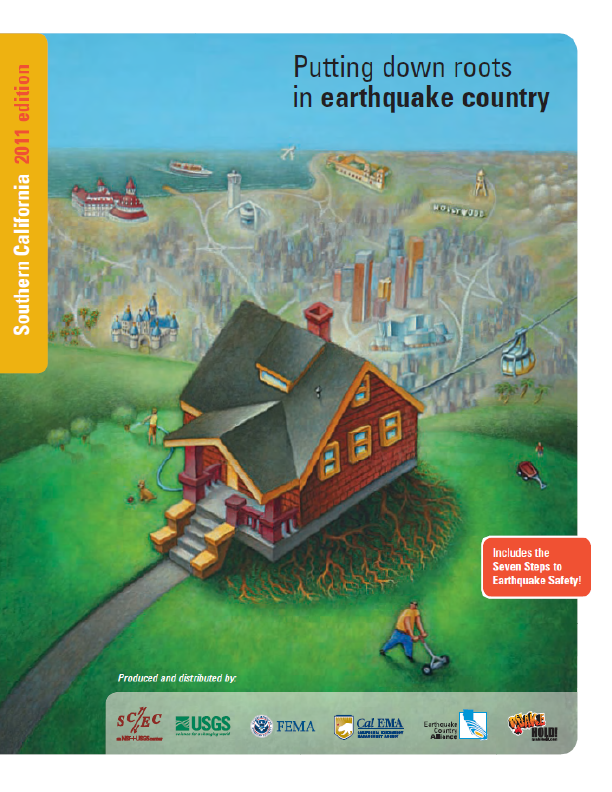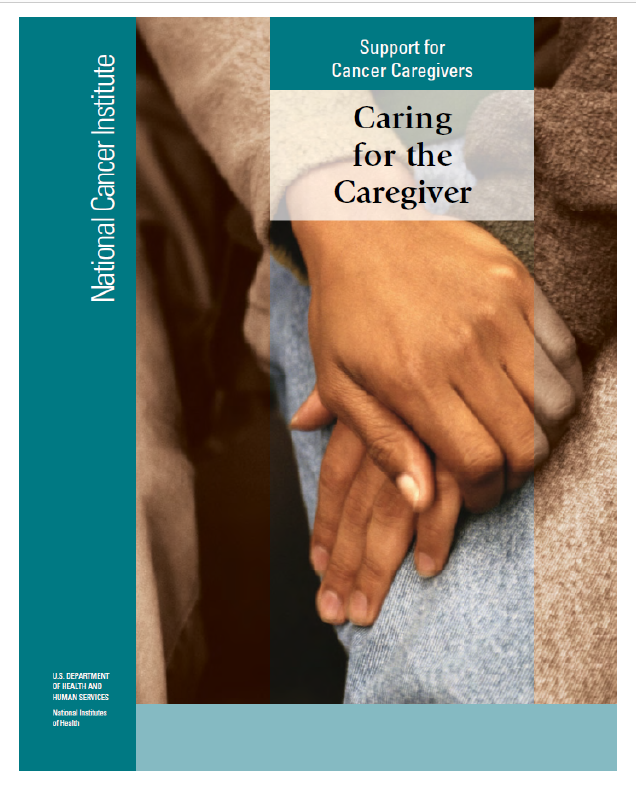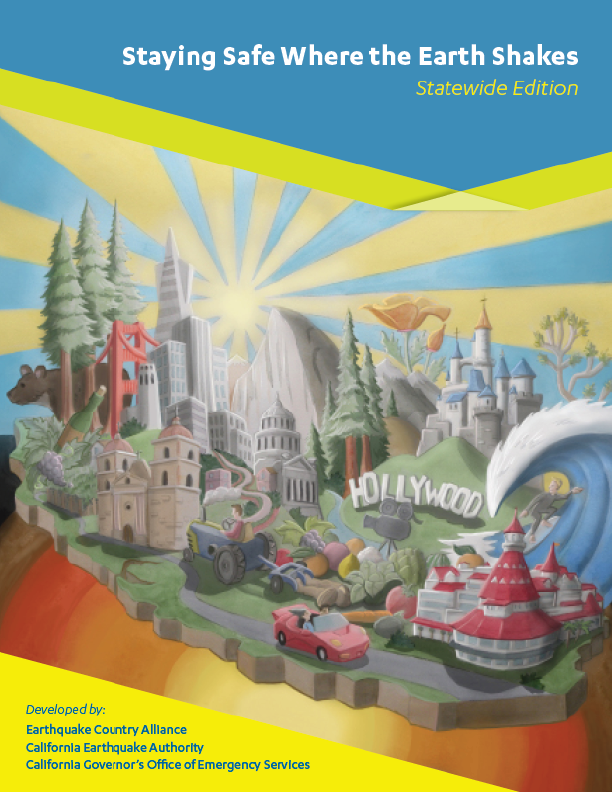Critical Expressivism is an ambitious attempt to re-appropriate intellectual territory that has more often been charted by its detractors than by its proponents. Indeed, as Peter Elbow observes in his contribution to this volume, “As far as I can tell, the term ‘expressivist’ was coined and used only by people who wanted a word for people they disapproved of and wanted to discredit.” The editors and contributors to this collection invite readers to join them in a new conversation, one informed by “a belief that the term expressivism continues to have a vitally important function in our field.”
The Perspectives on Writing series addresses writing studies in a broad sense. Consistent with the wide ranging approaches characteristic of teaching and scholarship in writing across the curriculum, the series presents works that take divergent perspectives on working as a writer, teaching writing, administering writing programs, and studying writing in its various forms. The WAC Clearinghouse and Parlor Press are collaborating so that these books will be widely available through free digital distribution and low-cost print editions. The publishers and the Series editor are teachers and researchers of writing, committed to the principle that knowledge should freely circulate. We see the opportunities that new technologies have for further democratizing knowledge. And we see that to share the power of writing is to share the means for all to articulate their needs, interest, and learning into the great experiment of literacy. Critical Expressivism: Theory and Practice in the Composition Classroom offers those of us with “Yes-But” syndrome a solution. I was reminded of this syndrome in a webinar in which Richard Johnson-Sheehan claims, “I think Chuck [Paine] and I are still process people despite some of the theoretical arguments for post-process. We still believe we are teaching students a writing process, and in a sense, genres guide us from the beginning of the process to the end.”
Johnson-Sheehan and Paine explain and justify their decision to teach writing as a process with a “yes-but” approach: Yes, I know that in our growth as a discipline we have moved from a focus on writing as a process to the social and cultural factors that impact language in our electronic worlds, but I still teach writing as a process and assist my students with developing their processes. Johnson-Sheehan, a scholar in rhetoric and composition, admits in 2012 that he knows this approach to writing has been trashed by scholars who have controlled our meta-narrative, but admits that he sees a need for it. I have faced the same struggle to justify how I teach writing and what I study. Colleagues have asked, “Liz, how can you still focus on teaching expressivism and voice when there are new theories to study?” That’s simple—I build new theories and practices into my meta-narrative of Composition Studies. This either/or epistemology doesn’t work.
But, composition scholarship leads us to believe that we “are” one or the other. In our scholarship one cannot “be” both/and because the significant scholars in our field have said that a social epistemic view of writing precludes an Expressive and Cognitive view of writing. However, as I work with the myriad of writers in my classes from first-year writing to graduate thesis writing, I experience writers thinking and composing in various paradigms. Havier from East Chicago struggles with translating his mixture of black dialect and Spanglish into Standard American English. When Paul asks me if he should include a piece of research and a quote in his report, I ask him to see his writing situation from the cognitive paradigm: “Does your audience need this information to understand and be convinced of your position?” Charmaine struggles to write the findings from her original research into the final drafts of her thesis. She asks, “Can I really tell philosophy professors how I think they should teach writing?” To assure her that this is what she is supposed to do, I draw on M. M. Bakhtin’s idea of writing as a conversation that she can join, and how voice has both expressive as well as social dimensions.
